During a recent conversation, Heidi Mendenhall, ED of First 5 Tehama, was posed with the question, “If you possessed a magic wand to promote child and family success, what would that wand do?” This local leader provided a concise yet profound statement spotlighting her desire to see every parent and infant receive the necessary support to establish secure attachment before age two. When asked for further clarification, Mendenhall elaborated on the far-reaching implications of secure attachment, highlighting its potential as a pivotal factor in promoting positive mental well-being and life-long success.
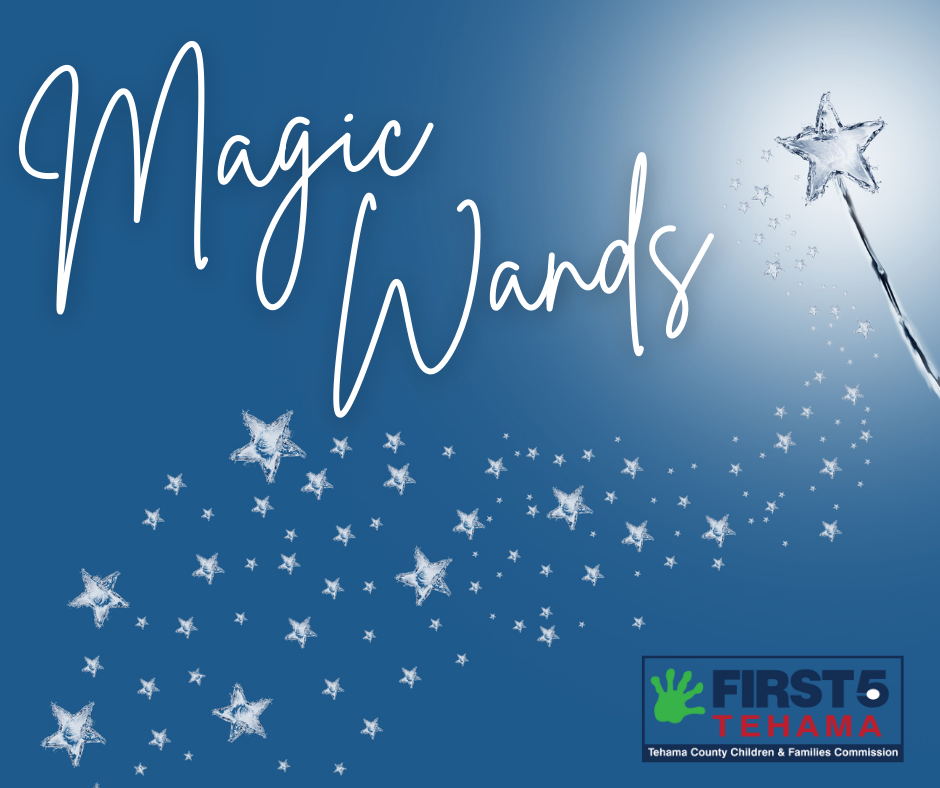
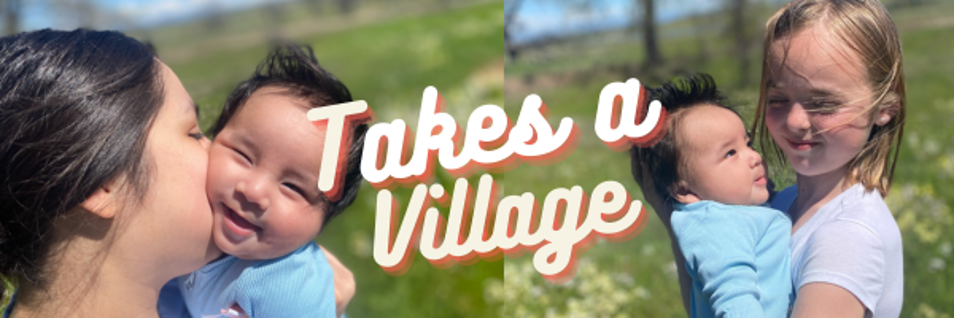
Upon reviewing the regional data (accessible HERE), it becomes evident that Tehama County and its neighboring counties must focus on fostering favorable growth factors. Additionally, it is essential to recognize that 20% of adults experience mental health difficulties, approximately one-third of 7th graders encounter bullying, and the incidence of child abuse in the county exceeds the state average. Given these circumstances, examining the measures implemented to provide comprehensive support to our youngest residents from the outset becomes increasingly crucial.
Establishing secure attachment is of utmost importance. This fundamental bond is vital in shaping a baby’s brain, fostering optimal growth and development of social and emotional skills, and expanding communication skills. In addition, positive early connection serves as the framework for a child’s ability to form healthy connections with others later in life.
Research has shown that children who form secure attachments are more likely to develop emotional intelligence, possess strong social skills, and enjoy good mental health (Howe, 2011). Additionally, they tend to achieve greater academic success in school (L. Dindo, 2017) and in college, with higher GPAs and graduation rates (Kurland, 2020). Conversely, negative experiences like neglect, abuse, or trauma can have detrimental effects on a baby’s mental well-being.
Furthermore, the postnatal period is recognized as a critical phase in brain development, making it particularly sensitive to the impact of stress. Unfavorable experiences during this time can result in anxiety, depression, and problematic behavior that may persist throughout childhood, adolescence, and even into adulthood.

Viable Solutions
Are the solutions to such a crucial and influential matter necessarily complex? Perhaps not. One effective local approach for enhancing opportunities to promote positive mental health and strengthen secure attachment is through Home Visiting programs. Tehama County currently boasts three successful programs of this nature, which prioritize building relationships with families. These programs are readily accessible and cater to parents’ specific needs, facilitating the development of positive connections with their children – ultimately fostering secure attachment.
Research indicates that understanding a baby’s cues fosters a solid attachment—a loving and deeply trusting relationship—between caregivers and infants. By attentively observing and responding to the baby’s expressions and gestures, the child learns to trust that their needs will be met and that the world around them supports their well-being. However, any parent who has cared for a baby between the ages of zero and one knows that putting these tips into practice can be challenging. Life’s demands can interfere. Nevertheless, a supportive network of individuals attuned to developmental cues helps us slow down and find solutions to basic necessities, enabling parents to focus and establish meaningful connections. Tehama County is lucky enough to have this supportive network of hard-working individuals who do just that.
Success Story
A 39-year-old woman, expecting her fifth child and nearing her due date, sought prenatal support from Help Me Grow. She was experiencing homelessness and required tangible resources and guidance for parent-child bonding. Help Me Grow successfully linked this mother with the necessary programs to secure housing and enroll in Healthy Families Tehama. This Home Visiting program offers ongoing support to parents, aiding them in setting and achieving goals while fostering bonding with their newborns. This particular mother expressed immense gratitude and appreciated the additional support provided.
“Thank you for believing in me,” shared the participant. “Having the support from so many allowed me to go through things successfully.”
First 5 Tehama looks forward to securing additional funding for our three local Home Visiting programs through upcoming state applications like CYBHI (Child and Youth Behavioral Health Initiative). However, supporting secure attachment does not solely rely on funding – we can all contribute to it. If you come across a new parent or happen to be a new mom or dad yourself, here are some helpful tips.
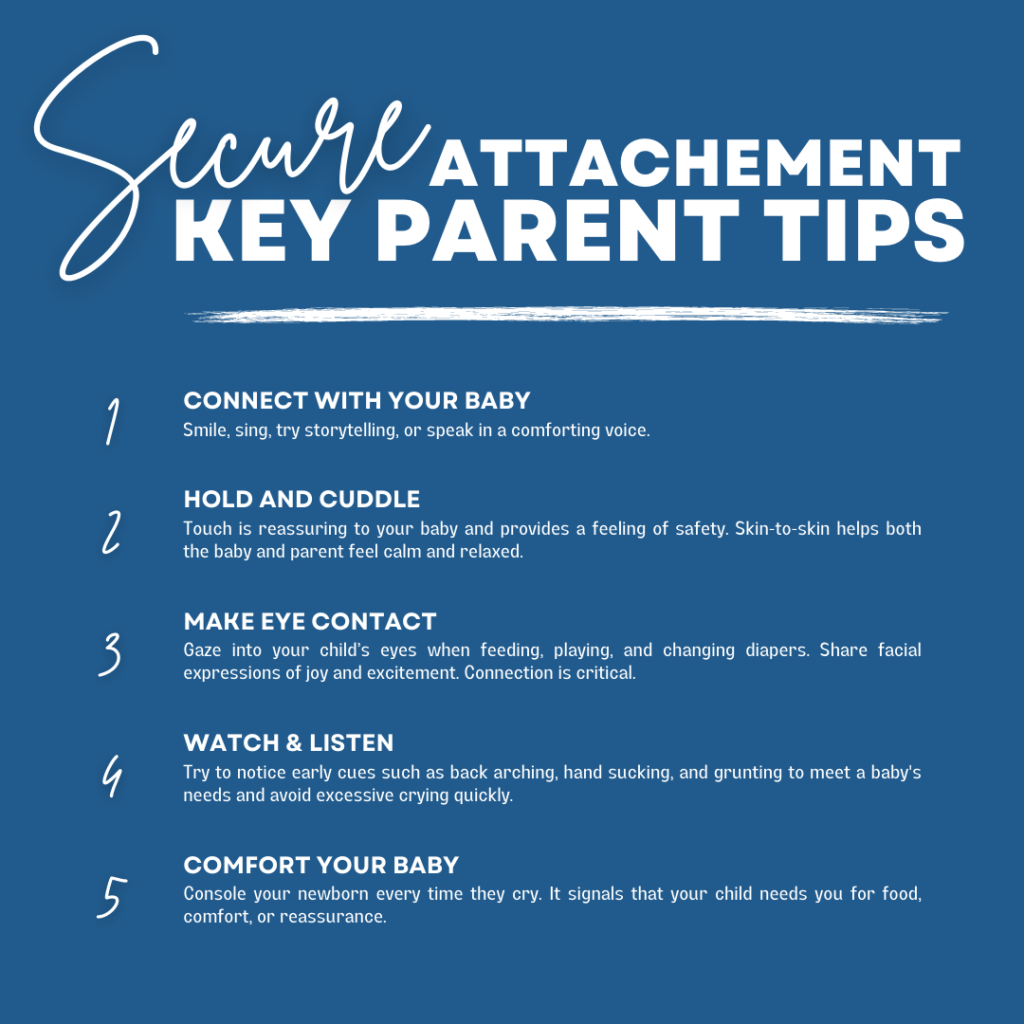
A Step Further
Does secure attachment remain relevant for parents or guardians with children older than two years? The answer is a definite YES. Although secure attachment is initially established during the zero to three-year age range, it is an ongoing process. Over the past three decades, extensive research has revealed that adult attachment patterns can also be observed. These figures demonstrate the possibility of teaching and developing new attachment skills. As the old saying goes, “You can teach an old dog new tricks.”

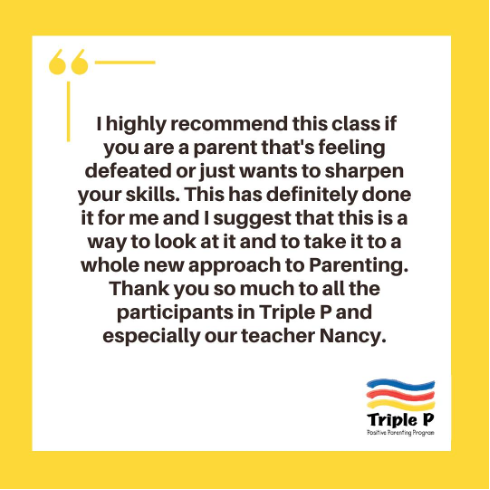
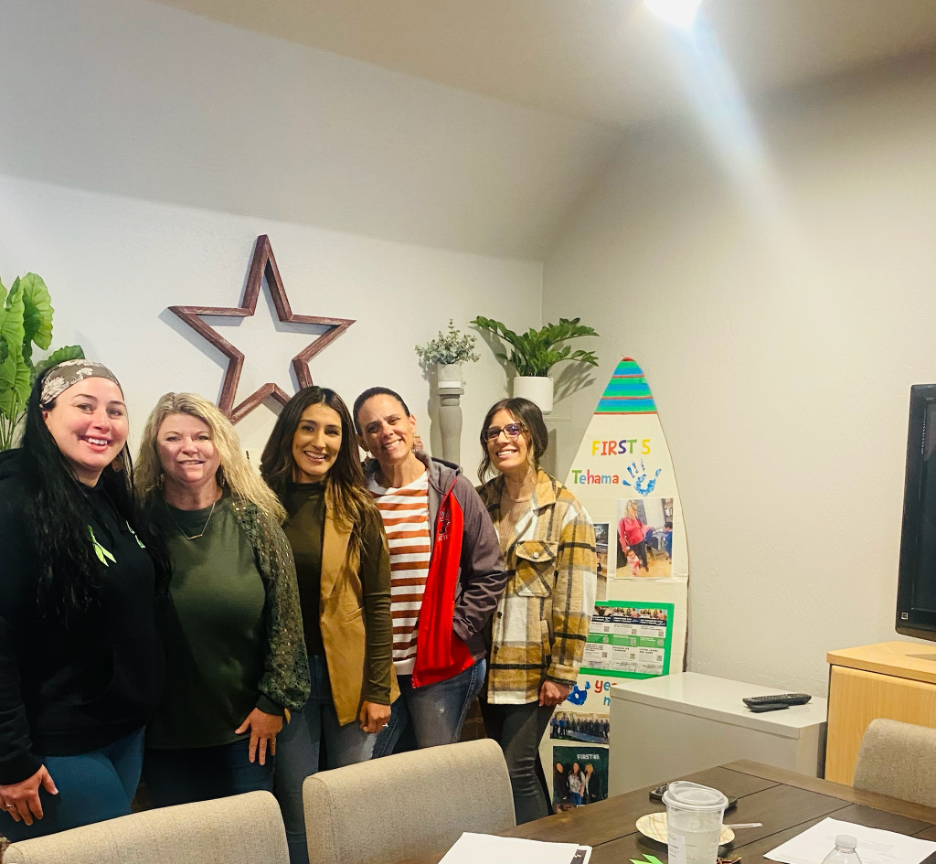
Brain rewiring is the essential ingredient to later attachment development. Think of it this way. Newborns have not established positive emotional support systems or a foundation of health and well-being. Therefore, needs are being met from day one with parental support. If these skills are lacking or absent, parenting classes provide a powerful supplement. They teach ways to pause and establish new practices of reacting, teaching, and facilitating positive emotional relationships between parent and child. It’s these relationships that eventually lead to secure attachment.
Tehama County provides a diverse selection of parenting classes catering to various needs and preferences. Whether one collaborates with families or has individuals seeking parenting resources, we recommend exploring some of our esteemed local champions in this field. They offer valuable insights and guidance for those interested in participating in parenting classes.
Our friend Fernando is a Nurturing Families facilitator and trainer of trainers thanks to funding through the Mental Health Service Act. Email Fernando to learn more about his fantastic program opportunities at Fernando.Villegas@tchsa.net.
With the generous support of Social Services and Promise Neighborhood funding, First 5 Tehama is delighted to witness the growth of our Triple P program (check out the full story HERE). This remarkable initiative consistently demonstrates its value by empowering families to foster positive connections and encourage secure attachment behaviors. Register for upcoming classes and/or join the waitlist HERE.
A Step Further
First 5 Tehama remains steadfast in its commitment to prioritize the significance of attachment. Nonetheless, our community holds more “magical” aspects beyond this realm. Case and point. After reviewing the regional data, a group of local professionals was posed with the same powerful question found at the beginning of this article – “What is your magic wand?” Their responses were genuinely inspiring and spoke for themselves. Here are just a few . . .
- A completely filled ECE workforce.
- All families receive what they need to parent successfully.
- Mental health providers are accessible to all who need support in Tehama County.
“It is truly inspiring to have these action and vision-oriented conversations,” Mendenhall said. “I cannot wait to live in a Tehama County that these magic wand ideas will create.”
We invite you to come alongside First 5 Tehama as we embark on this incredible journey of developing practical solutions. Stay connected with us by following our social media accounts (HERE), subscribing to our email list, and regularly visiting our website’s event page. For any inquiries, ideas, or further engagement, feel free to contact Heidi Mendenhall via email at hmendenhall@first5tehama.com. Also, take a listen to the First 5 bi-weekly podcast HERE.


Summer Activities
PREVENT THE SUMMER SLIDE THROUGH COMMUNITY ENGAGEMENT.
Check out this year’s Expect More Tehama Summer Activity Guide. It’s packed with low and no-cost ideas, outings, and more to keep your children engaged, learning, and having fun ALL SUMMER LONG. Click HERE to access the 2023 digital guide.

